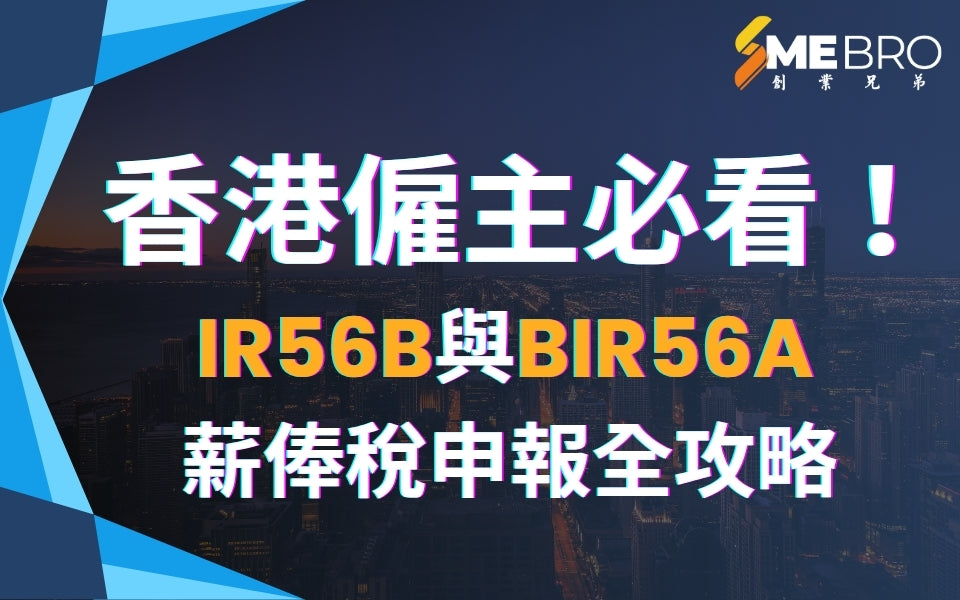When operating a business in Hong Kong, companies often need to submit Certified True Copies (CTCs) to fulfill legal, financial, and administrative requirements. This guide explains what they are, when they’re needed, who can certify them, and how to obtain them efficiently.
1. What is a Certified True Copy?
A Certified True Copy (CTC) is a duplicate of an original document that has been verified by an authorized professional (e.g., lawyer, accountant, notary). The certifier:
-
Compares the copy with the original
-
Confirms its accuracy
-
Stamps and signs it to attest to its authenticity
⚠️ Important:
-
A CTC confirms that the copy matches the original, not that the original document itself is legally valid.
-
Different institutions (banks, government agencies) may have specific requirements for certification.
2. When Do Businesses Need a Certified True Copy?
Common scenarios include:
✅ Banking & Finance
-
Opening a corporate bank account
-
Applying for loans or credit facilities
✅ Government & Compliance
-
Business registration or licensing
-
Submitting documents to the Companies Registry or Inland Revenue Department
✅ Corporate Transactions
-
Share transfers or director changes
-
Mergers & acquisitions
✅ Cross-Border Business
-
International contracts or legal proceedings
-
Foreign investment applications
3. Who Can Certify Documents in Hong Kong?
Only authorized professionals can certify documents. Acceptable certifiers include:
✔ Certified Public Accountants (CPAs)
✔ Practicing Lawyers
✔ Notaries Public
✔ Company Secretaries (for certain corporate documents)
✔ High Court Officers (for court-related filings)
✔ Consular Officers (for non-resident documents)
📌 Note: Some institutions (e.g., banks) may have specific requirements—always check before submitting.
4. How Long Are Certified True Copies Valid?
-
Typically 3 to 6 months from the certification date.
-
Some institutions (e.g., banks) may impose shorter validity periods (e.g., 1 month).
-
Expired CTCs must be re-certified before submission.
💡 Pro Tip: Avoid certifying documents too early—time your certification based on submission deadlines.
5. How to Obtain a Certified True Copy
Step-by-Step Process:
-
Prepare the Original Document
-
Ensure it is complete and unaltered.
-
-
Engage a Qualified Certifier
-
Choose a lawyer, accountant, or notary public.
-
-
Submit for Certification
-
The certifier will:
-
Compare the copy with the original
-
Stamp & sign the copy
-
Include a certification statement
-
-
-
Check Institution-Specific Rules
-
Some organizations require additional steps (e.g., notarization, apostille).
-
💰 Cost: Fees vary depending on the certifier and document type.
6. Common Mistakes to Avoid
❌ Using uncertified photocopies (not legally valid).
❌ Getting certification too early (leading to expiry before submission).
❌ Choosing an unqualified certifier (e.g., a non-lawyer for bank submissions).
❌ Forgetting to re-certify expired documents.
7. Future Trends: Digital Certification
Hong Kong is gradually adopting electronic certification (e.g., digital signatures, blockchain verification). Businesses should monitor:
-
E-registration systems (e.g., Companies Registry updates).
-
Banking digitization (some banks now accept digitally certified copies).
-
Cross-border e-document recognition (e.g., Greater Bay Area initiatives).
Final Tips for Businesses
✔ Keep multiple certified copies of key documents (e.g., Articles of Association).
✔ Verify specific requirements with banks/government agencies.
✔ Stay updated on digital certification trends to streamline compliance.
By understanding Certified True Copies, businesses can ensure smooth operations and avoid unnecessary delays in Hong Kong’s regulatory environment. 🚀



